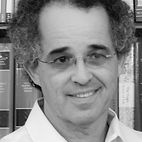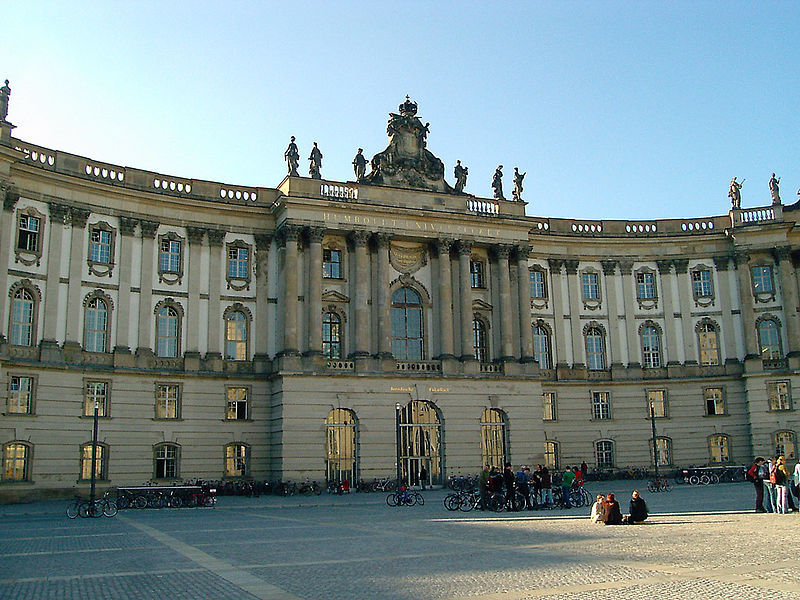

On Mathemata
Commenting on Ancient Greek and Arabic Mathematical Texts
17-18 November, 2016

The corpus of Greek and Arabic mathematical literature is large and heterogeneous, embracing material not only from ‘original’ mathematical treatises, but also from a broad category of texts, usually described as comments or scholia. Although these texts present a high degree of diversity in terms of form (e.g., independent treatises, introductory chapters, marginal notes) and function (e.g., restoring ‘corrupted’ texts, providing auxiliary material such as diagrams and tables, establishing connections with other treatises), they arguably stand out as a literary genre in its own right. Their aim is to explain, ‘improve’, and supplement the works of the ancient mathematicians. Within this framework, a series of interesting questions emerges: When were these texts composed, in what context, and for what purpose? What kind of information could we extract from them? Can we then offer a corresponding typology/classification? In which ways did they shape contemporaneous mathematical and commenting practices? Which operations were carried out in order to produce them? What constituted a restoration/ ‘purification’ of an ancient mathematical treatise? What do we mean by the term ‘mathematical error’? What are the differences and similarities in the commenting approaches between Greek and Islamic scholars? What kind of methodological tools are employed by historians today in order to approach these texts? These are only some of the questions that this conference seeks to address.
Contributors
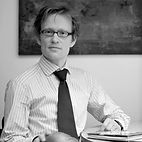
Markus Asper is Professor of Classics at Humboldt-Universität zu Berlin. He has published on Hellenistic poetry and ancient Greek literature of science.
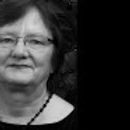
Sonja Brentjes is a research scholar at the Max Planck Institute for the History of Science. She has published widely on institutions, number theory, Euclid’s Elements in Arabic
and Persian, maps, cross-cultural relationships, balance studies, the arts and the sciences, and historiographical matters in Islamicate societies, the Mediterranean, and medieval and early modern Europe.
Leo Corry is a historian of mathematics working at Tel Aviv University. He has published extensively on the history of 19th and 20th century mathematics. Recently his research has also been devoted to the question of the changing relationship between arithmetic and geometry within the Euclidean tradition in the middle ages and early renaissance.

Jacqueline Feke is an Assistant Professor in the Department of Philosophy at the University of Waterloo in Canada. Her research examines the history, philosophy, and rhetoric of the ancient Greek physical and mathematical sciences. She is currently completing a monograph on Ptolemy's philosophy.

Athanasia Megremi holds a PhD in Late Antique Mathematics and Culture, from the Department of History and Philosophy of Science, of the National and Kapodistrian University of Athens (also Bachelor and Msc). She studies Arithmetic, transmission of the four mathematical sciences, literacy networks and commentary practice in Late Antiquity and the Middle Ages.

Michalis Sialaros is a Postdoctoral Fellow at the RTG 'Philosophy, Science and the Sciences', at Humboldt-Universität zu Berlin. He has published on ancient Greek mathematics, and he has taught history of ancient science and philosophy. He is currently preparing a new English commentary on Euclid’s Elements.

Serafina Cuomo is a Reader in Roman History at Birkbeck, University of London. She has published both in the history of ancient mathematics, and the history of ancient technology. She is completing a project on numeracy in ancient Greece and Rome, sponsored by the Leverhulme Trust.

Orna Harari teaches ancient philosophy in the Department of Classics and the Department of Philosophy at Tel Aviv University. Her publications deal mainly with the notion of proof and scientific method in Aristotle and the late antique commentary tradition. She is currently working on Peripatetic conceptions of causality and agency.

Henry Mendell has taught philosophy at California State University, Los Angeles for several decades. His principal research interests lie in ancient philosophies of mathematics and science, Aristotle's, in particular. Ancillary to these interests, he has also worked on Greek astronomy and mathematics, especially on Aristotle's contemporary, Eudoxus.

Nathan Sidoli is Associate Professor of the History and Philosophy of Science at Waseda University, Tokyo. His current research focuses on foundations and practices in Greek mathematics and the transmission of Greek mathematical sciences in Arabic sources.

Jean Christianidis, professor of history of mathematics at the University of Athens and chercheur associé at the Centre Alexandre Koyré (Paris), studies the history of Greek mathematics. He is the head of the Department of History and Philosophy of Science (University of Athens), member of the International Commission on the History of Mathematics, and editor-in-chief of Neusis, the Greek journal for the history and philosophy of science and technology.
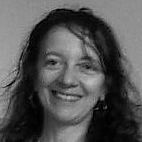
Giovanna C. Cifoletti is directrice d'études at the Centre A. Koyré of the EHESS, Paris, where she founded the research group Mathématiques et Histoire. She studies early modern mathematicians, searching for the connections between mathematical arts books and rhetorical or juridical learning. She has published on Kepler, Fermat, Descartes and on a variety of sixteenth-century European algebraists, uncovering a French algebraic tradition before Viète.
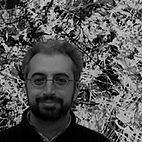
Vincenzo De Risi is Research Director at the Max Planck Institute for the History of Science in Berlin, where he leads a research group working on the relations between history of geometry and philosophy of space. He worked on Leibniz’s mathematics and epistemology, the birth of non-Euclidean geometry, and the tradition of Euclid’s Elements in the Modern Age.

Gregg De Young teaches in the Core Curriculum at the American University in Cairo. His professional academic research focuses on the history of Euclidean geometry during the medieval period – especially the transmission of the Elements in Arabic and Persian. A second focus of his research is the introduction of modern textbooks of geometry into the Islamic societies of the Middle East during the nineteenth century through vernacular translations.

Vassilis Karasmanis is Professor of Philosophy at the National Technical University of Athens. He specialises in Ancient Philosophy, as well as in History and Philosophy of Technology. He is the editor of Socrates: 2400 Years from his Death and of (with L. Judson) Remembering Socrates, as well as the author of several papers on ancient Greek philosophy and mathematics.

Jeff Oaks received his Ph.D. in differential geometry in 1991 and has taught mathematics at the University of Indianapolis since 1992. In 1999, after writing a book on the history of railroad tie preservation, he turned to history of Arabic mathematics. Since that time he has published a number of articles and one book on algebra and arithmetic, extending the range to include Diophantus and medieval Italian algebra.
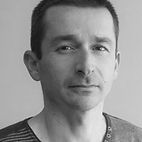
Ramon Masià is Professor at UOC (Universitat Oberta de Catalunya). He specialises in History of Ancient Greek Mathematics. He is the translator into Catalan and editor of the works of Archimedes at Bernat Metge's collection as well as author of several papers on ancient Greek mathematics.

Ken Saito is Professor in history of science at Osaka Prefecture University.
He has worked on Euclid, Archimedes and Apollonius.
His major concern today is later interventions to the Greek mathematical works.
Can mathematical and linguistic analysis distinguish later additions and alterations
where manuscript traditions are unanimous?
